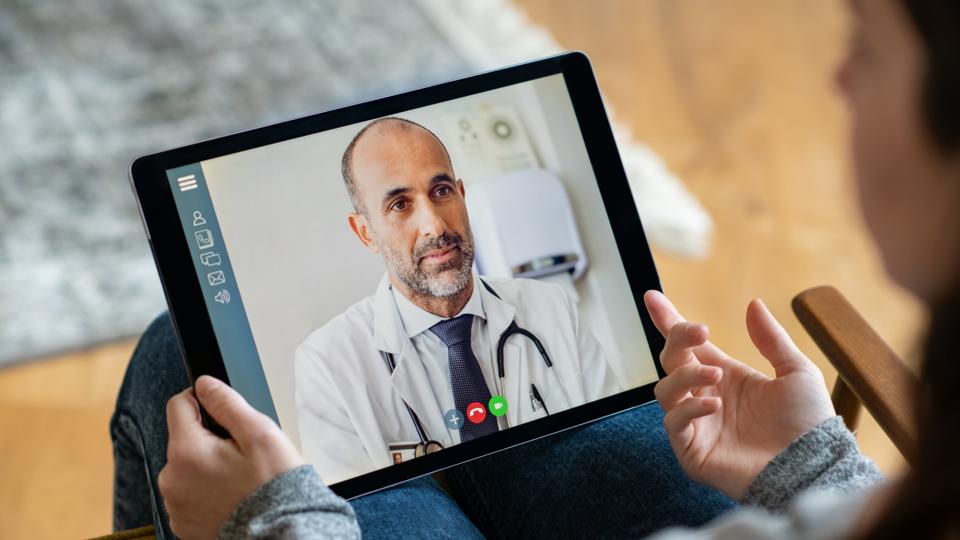
Getty
The coronavirus pandemic is speeding up the use of telemedicine and everything related to the digitization of healthcare: insurers around the world are now launching these services for their customers, while telemedicine service companies in countries such as the United States or China are raising large amounts of funding from investors… Telemedicine is making an opportunity out of the crisis, and aims to become an option with a future. Digital companies know they have a role to play in that future, and in many cases, they are already doing so.
But telemedicine is not the only interesting technology playing a role in the future of healthcare: mobility, cloud computing, machine learning or artificial intelligence and blockchain, undoubtedly also have much to contribute to that future. In short, digital healthcare is not some second-best solution, but is set to become the solution to many problems, and revolutionize medicine as a whole.
The technology is here, ready to be applied, and yet medicine continues to evolve very slowly. Where’s the problem?
The problem is called management control. Why do we, as patients, still have to waste time going to see a doctor who will simply listen to you for a few minutes and then recommend a couple of diagnostic tests and write out a prescription? It’s a waste of time for both of us. Isn’t this a waste of the specialized and lengthy trained health professionals undergo?
The reason for this waste of everybody’s time, is that in many health systems, if you don’t go through the ritual of an appointment, your doctor doesn’t get paid. If there is no documented medical act called a consultation, which in many cases wouldn’t even need to be carried out by a specialist, the system does not work. That leads to time that could be better spent on other things being wasted on routine, administrative tasks. Instead, why not use our smartphone and a digital or human assistant, digital or human who, after listening to us describe our symptoms, prescribes medication or arranges for analyses, so we can leave the highly specialized and trained physicians for truly value-added tasks?
And once those two stages are completed… how about, if instead of having to wait for a piece of paper to be signed or for our results to be handed over in person, we simply accessed them via the cloud or an app so we could consult them or send them to the corresponding specialist in a couple of clicks? And another thing: how is it that our highly sensitive medical data is printed out on a piece of paper and put in an envelope or an antiquated CD, rather than being on the cloud where only we can only access it by using biometrics or via a reader in the doctor’s office that contains all our history, including our whole genetic information if necessary?
And if I need a prescription, why on earth do I have to sit around in a waiting room for a doctor, who, as said, could be doing better things, to hand them over, when I could ask my digital personal assistant to check that I can refill them, and store the prescription on my smartphone, or even deliver it to my home?
Again, the technology for all this already exists. It’s called management control, which means using procedures dating back a century that nobody wants to change, because nobody’s worked out a way to price them. Every time specialists wastes their time with this kind of bureaucracy, God kills a kitten. Every time we have to go make two appointments o for a prescription, or to ask for a test, the results of which are then read out to you, he kills another. And at this rate, despite the renowned reproductive capacity of domestic felines, we will run out of kittens before we have been able to come up with healthcare that really works, not at the cost of pathetically inefficient processes, but how it should actually work in the digital age.
What we’re talking about here is the failure to identify a problem: we think the solution is more technology, so we invest huge amounts of money in new devices and systems, but continue with the time-honored inefficient processes. Is it too much to ask that, thanks to the lessons learned from this pandemic, we could now redefine medicine and healthcare based on appropriate and modernized management control criteria?
from WordPress https://ift.tt/2BjiSGK
via IFTTT
Comments
Post a Comment